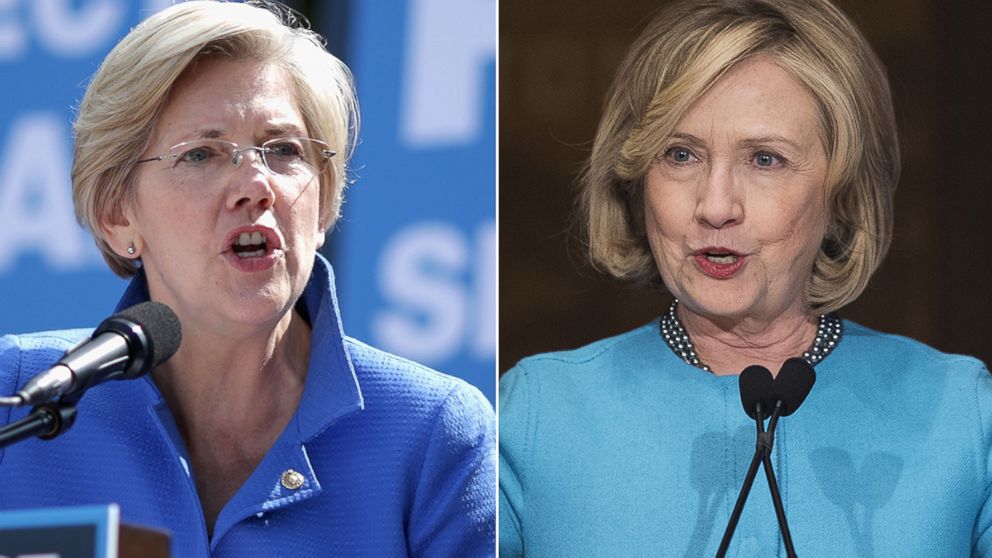
China Policy To Be a Focus of Debate in US Elections
(China) on 25 April 2015
by Li Haidong (link to original)
First, unlike the previous two presidential elections where foreign relations became a fringe topic, next year's election will see it come to the fore. During its eight-year tenure, the Obama administration will have essentially achieved its goals of leading the United States out of the financial crisis and laying a relatively strong foundation for future economic growth. However, it has not fared so well in foreign relations, where President Obama's withdrawn and restrained foreign policy has been a sign to candidates of America's flagging strength and disarray in key areas, making reclaiming U.S. world leadership an important theme for next year. Consequently, dissatisfaction over the Democratic administration's slipping global governance will likely see China landed in the crosshairs in the coming elections, and gathering clouds of distrust toward Beijing increasingly loom over the proceedings.
Next, the United States in the past has clearly been of two minds in its understanding of China. Theories have variously prophesied China's collapse, warned that it seeks to supplant the United States or lobbied for containment, and now the ebb and flow of the electoral tide has caused these same theories to resurface with a vengeance. As to what degree of impact these theories will have on electoral debates concerning U.S. policy on China, only time will tell. Previously, that policy was presumably not founded upon this warped perspective of China, but that such viewpoints commonly appear within the U.S. mainstream media as more or less a reflection of how some U.S. policymakers use elections to rally hardline elements is indeed worrisome.
Third, if it may be said that U.S.-China relations have been winding steadily uphill for the past 30-plus years, then now they are poised to vault over the hurdles ahead. After reestablishing relations, the United States and China have not seen eye to eye on many matters, including Taiwan, Xinjiang independence, human rights, religion, embassy bombings, renminbi exchange rates, cybersecurity and the South China Sea, spats that have usually been caused by U.S. hardline action but also ended with U.S. compromises. The U.S. policy of pressuring and unilaterally imposing its own agenda upon China has been repeatedly proven to result in having the opposite effect. China's practice of constructively dealing with these crises is also an indication of its sincerity in promoting a bilateral, collaborative and mutually beneficial relationship. With the rapidly diminishing power gap between the two powers, China's agency in molding U.S.-China relations is clearly on the rise, and dedicating more resources to reversing the zero-sum mentality that some Americans hold toward China will be an increasingly viable and effective tactic. Past interaction between the two nations has shown that embracing, not fighting, is the proper way to resolve disputes.
Fourth, there often exists a disparity between words and actions in America's China policy. As the election atmosphere takes form, the "China card" will be played often. But after taking office, the new U.S. leader will soon discover that the matters sorely requiring his or her attention are many. In the Middle East, the standoff between Israel and Palestine continues, the state of affairs in Syria has not improved, efforts to eradicate the Islamic State group have not had noticeable effect and problems in Yemen have put added strain upon relations between Saudi Arabia and Iran. Meanwhile, European nations are concentrating their efforts upon economic recovery within their own countries and the region, no longer looking to the United States for leadership, and the U.S.-Russian rivalry has only grown more acute over the issue of Ukraine. All of this will sap the strength of the United States and reduce the influence it can exert over global affairs. As a result, its China policy moving ahead into the future will be to continue strengthening cooperation in lieu of the "hard" line alluded to in so many campaign speeches. How to effectively harness "smart power" will be a question to cause many a sleepless night for the next U.S. president.
The author is a professor of international studies at China Foreign Affairs University.

